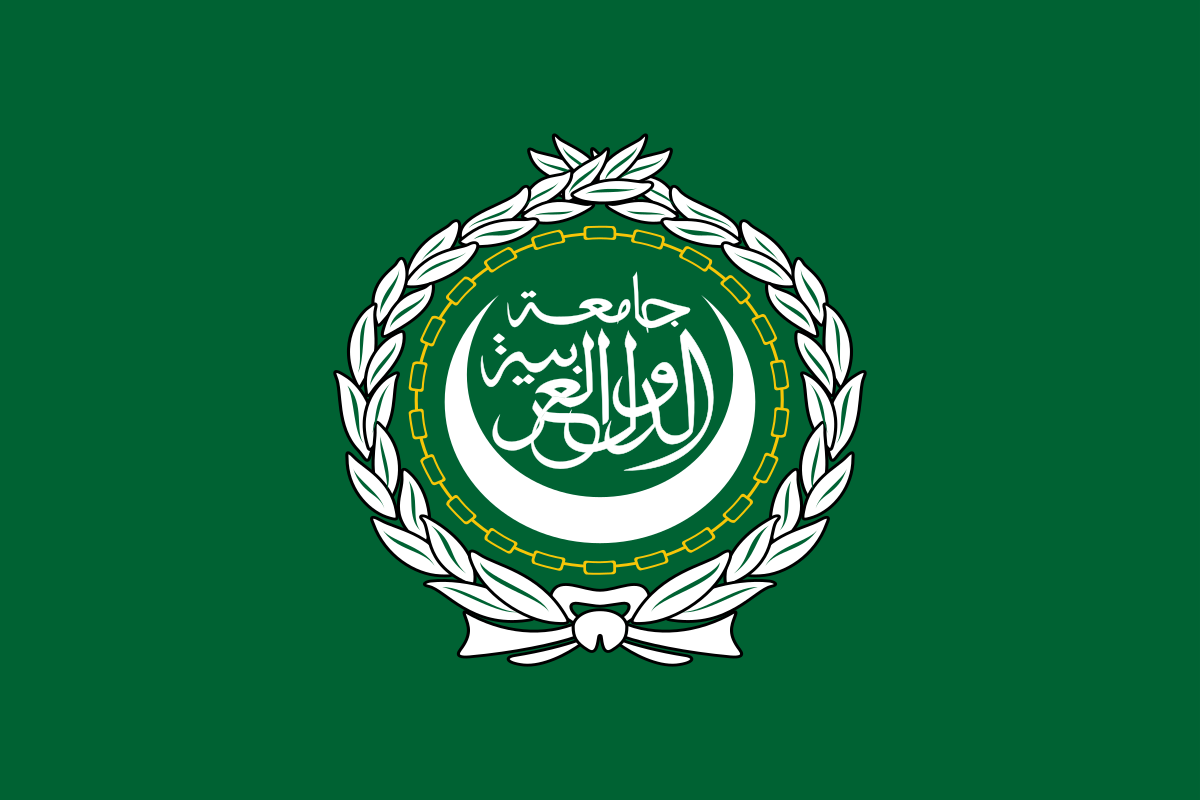Chapter 11 AU and LOAS

11.1 African Union
African Union (AU): has little organizational autonomy from its most powerful members, and yet the AU contains an intriguing peacekeeping capacity that makes it a consequential military and political actor in Africa.
AU (Addis Ababa, Ethiopia)
OAU (1963-2002)
Enforcement:
the Assembly can impose sanctions for violations under Article 23 but not use military force;
the Peace and Security Council can authorize “peace support” operations to resolve conflicts but does not enforce the policies of the Union.
The legal arrangements of the AU are founded on the principles of non-intervention, inviolable borders, and the equality of its members.
Structure:
Assembly (heads of govt.), the Executive Council (foreign ministers), the Parliament, and the Peace and Security Council.
Annual meeting of heads of governments (the assembly) to set common policies, more frequent meetings of ministers (the executive council), and a smaller peace and security council to manage the AU’s peace operations.
Limitation:
- The most important decision-making powers are reserved for the Assembly, which is made up of the leaders of the member countries;
2/3 majority for a decision to pass
- The Act contains no statement that the organization in general takes decisions on behalf of its members.
Therefore, the organization is both legally and politically secondary to its members. Its decision apparatus is dominated by the heads of government, making it look much more like a forum for inter-state negotiations rather than as an actor with independent capacity.
In practice so far, the AU has been dominated by the leaders of its most powerful countries, in large part by making the Authority of the AU, which was to have been its bureaucracy, into a substantive executive organ.
problem:
In principle it could provide a centralized military capacity that is legally superior to AU members.
Doubtful:
The surrounding laws of the AU create a framework that is highly deferential to state sovereignty;
AU’s approach toward military and humanitarian crises in Darfur, in the Democratic Republic of Congo
11.2 LOAS (founded in 1945)

Founders: Syria, Iraq, Jordon, Saudi Arabia, Yemen, Egypt, and Lebanon
4 observer members (Brazil, Venezuela, India and Eritrea) who don’t all speak Arabic.
Each Arab state has one vote when decisions are made.
The league is organized into a council, special committees, and a permanent secretariat; the secretariat has its headquarters in Cairo.
The purpose is to promote closer political, economic, cultural, and social relations among members.
Five major committees: Political, economic, social and cultural, legal, and Palestinian affairs